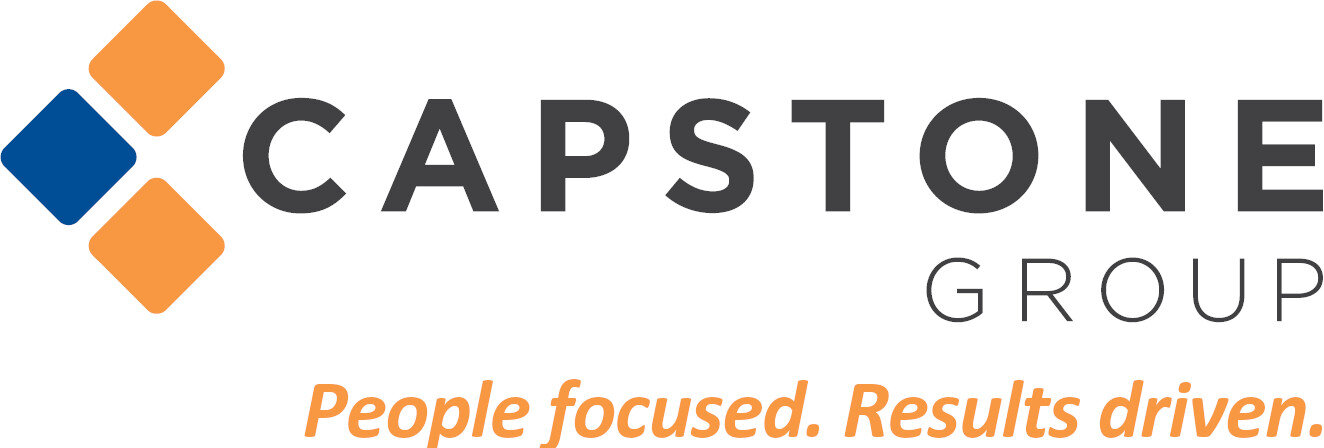Author: Amy G. McAndrew, Esq. - MidAtlantic Employers Association
Almost a year into the COVID-19 pandemic, there is a light at the end of the tunnel. Vaccinations began going into arms this week in the United States. As a result, many employers are asking whether they can make the COVID-19 vaccine mandatory for their employees. The answer is not clear and may depend on many factors. In making the best decision for your workplace, consider the following.
The ADA
Under the Americans with Disabilities Act (ADA) and corresponding state law, employers have the right to establish legitimate health and safety requirements that are job-related and consistent with business necessity. This may include immunization requirements in businesses that deal with the public. Healthcare organizations (hospitals, doctor’s offices, retirement communities, etc.) traditionally have required mandatory flu vaccines, and those same employers likely will mandate COVID-19 vaccines. Keep in mind that some employees will have legitimate reasons for refusing the vaccine, and employers must consider reasonable accommodation on the basis of disability and religion.
Availability
The Centers for Disease Control and Prevention (CDC) and state Departments of Health (DOH) have recommended that certain groups receive the vaccine first, and the vaccine likely will not be available to the general population until sometime next spring. An employer cannot mandate a vaccine that is not available to its employees.
Is the Workplace Unionized?
Workplaces with labor unions may have other considerations, such as whether the employer can issue a vaccine mandate without first bargaining with the union.
Safety Concerns
Even in non-union settings, employees have the right to engage in protected concerted activity under the National Labor Relations Act (NLRA), in addition to the right to protest unsafe working conditions. This could extend to vaccination requirements. For example, if employees band together to express safety concerns over the COVID-19 vaccine and refuse to be vaccinated, they may be protected under the NLRA as well as state and federal laws that prohibit retaliation for raising workplace safety concerns.
Are You Prepared to Terminate Employees Who Refuse Vaccination?
If the employer mandates the COVID-19 vaccine, it needs to be prepared to terminate employees who refuse vaccination. Particularly given the current economic climate, employers should consider whether they are willing to see talent walk out the door and expend the time, energy and money it will take to recruit, onboard and train replacements.
Do You Want to Be the Test Case?
Without a doubt, a number of employers will mandate the COVID-19 vaccine, and there likely will be legal challenges. One of the additional considerations, therefore, will be whether an employer wants to turn itself into a test case in the court system.
Given the above, an employer may want to consider a carrot rather than a stick approach to COVID-19 vaccination. This means making it as easy as possible for employees to get vaccinated by: educating employees about the importance and safety of the vaccine, using available CDC and DOH information; confirming insurance coverage and informing employees of the cost of getting vaccinated; once the vaccine becomes available to your workforce, explaining to employees where and when they can get vaccinated; and giving employees ample time (consider an hour of paid time) to get vaccinated.
Employers should consult with experienced human resources professionals and/or labor and employment counsel with any questions regarding pandemic-related policies or practices. For MEA members, the Hotline and a Member Legal Services attorney are available to provide this assistance.
Guidance provided by:
Amy G. McAndrew, Esquire
Director of Legal and Compliance Services
MidAtlantic Employers' Association
800-662-6238
*This Alert is provided for general informational purposes only and does not constitute legal advice.

